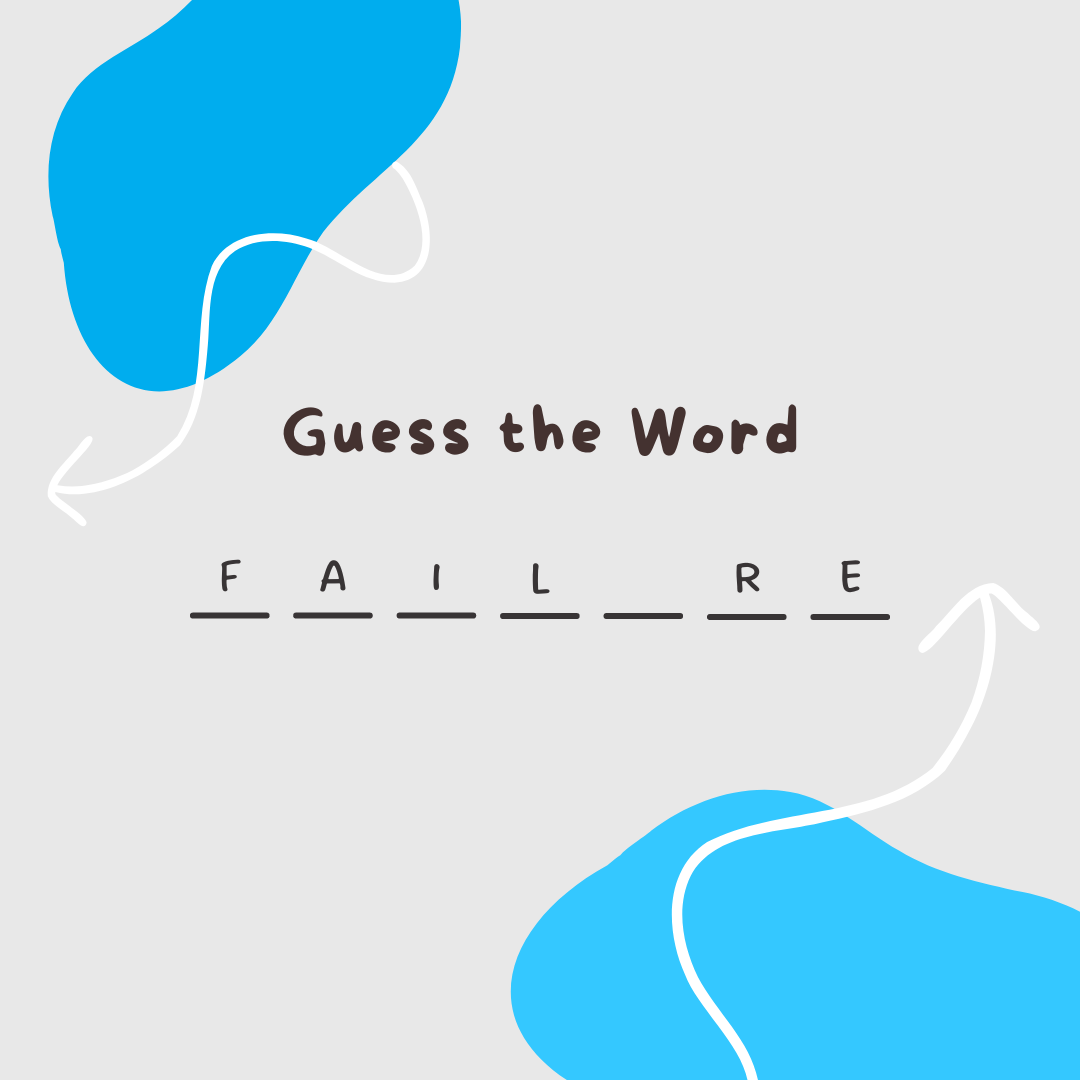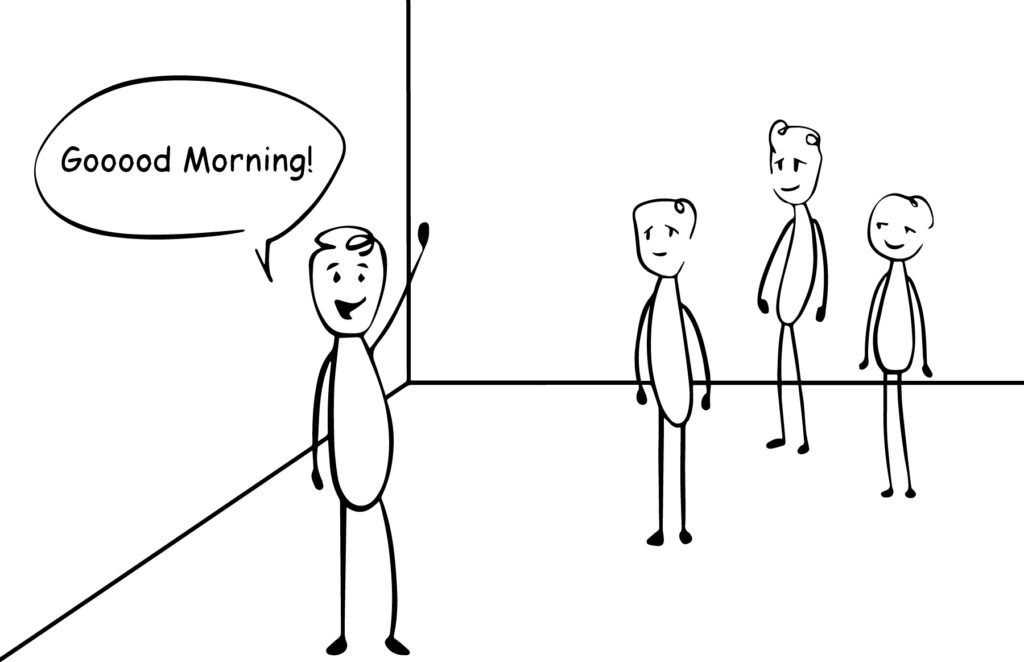Are you a Wordle addict? Or know someone that is?
This little word game has certainly taken hold. Not only have millions of us at least tried it out by now, many of us are also already hooked on some of it’s sister games. Personally, I like Quordle (why figure out one word when you can figure out four at once!).
What’s the appeal? Competition, of course. Beating somebody else’s score or even my own feels great. Bragging rights, too. Most of us have posted our best games on social media – or have at least thought about it. Solving the puzzle is entertaining, too. It’s a great way to wake up your brain in the morning or pass the fifteen-minute wait at the dentist.
I have another reason that I love playing these games, though, and it may surprise you.
It’s superb practice for one of the trickiest skills of all: using failure as a strategy.
In the many years that I’ve been doing workshops and teaching classes on the topic of failure, I’ve noticed that one question can really throw people for a loop: Can you use failure as a strategy?
“Why would I do that?” most people ask. Failing is an experience that we almost always think of as hard and unpleasant, as something to avoid at all costs. Doing it on purpose? Are you crazy?
Here’s the thing, though. There are times when the fastest way to learn is to start by failing. Instead of trying to get something right, we can get it strategically wrong.
Not just wrong. Strategically wrong. Getting something wrong on purpose out of apathy or laziness or ignorance is something different altogether. Getting something strategically wrong is a thoughtful, conscious learning move. It’s a way to set yourself up for fast learning and maybe more importantly, it turns the curiosity switch in your brain to the on position.
Whenever I learn the someone is a Wordle player, I ask the same question: what is your first word? Everyone has one. Adieu. Stare. Audio. Irate. Mine is Horse. What are the odds of that particular word being correct that day? I don’t know what they are, but I know they’re not good. It’s amazing how many five-letter words exist in the English language. So, why do people use the same word to start out each time?
Because it’s a strategic way to get the information you want in the fastest way. Most people want the vowels out quickly. Others like the most common consonants revealed. Either way – it’s a strategic move. The actual intent is almost never a real guess in an attempt to get it right – it’s being wrong in a really smart way.
The idea of doing this can really mess with your mind.
It feels so counter-intuitive, like doing exactly what you don’t want to do. Interestingly, though, it’s one of the brain’s best ways of learning. Researchers have found that the brain creates a very specific form of activity when errors occur called Error-Related Negativity or ERN. An interesting finding in the research is how instantly this happens. It happens so fast (usually in 100 milliseconds) that your conscious awareness of your error comes later. By the time you realize you’ve made a mistake, your brain has already gone into action, sending you electrical signals (called error positivity) that cause you to become more focused and to slow down. In fact, the stronger the ERN signal, the more slowly we respond in our next attempt at our original goal. Simply put, our brains actually love mistakes. It’s our egos that hate it.
Are you good at this? Think about all the things in your life that you know you must learn by “trial and error”. Maybe it’s a new process you want to try or a new offering to a customer. Maybe it’s a new skill you need to develop or a decision you need to make in which there is no “right answer”.
How do you make your first attempt? Do you cautiously step in, making every effort to get it totally right on your first try, even when you know the odds of that are stacked against you? Do you delay and delay taking a first stab at something because you know it’s not exactly right? Or can you consciously and strategically make that first move as brilliantly wrong as possible?
Strategic failure isn’t a one-size-fits-all learning solution.
It’s best used in small ways and when the stakes aren’t sky-high. In fact, researchers have found that when ERN activity gets too high, it creates distractibility and anxiety. If I don’t win my Quordle game today, I’m going to be okay. That said, I could also just randomly pick a bunch of five letter words with no thought or strategy and my loss would simply be a waste of my time. I probably wouldn’t get any better over time. By starting my game with the most strategic failure I can, I’m setting myself up (more precisely, my brain) to learn fast and have a fun experience doing it.
What problems have had you stuck lately?
How might you use failure as a strategic move?
Just a little food for thought.




